David’s Movie Journal 11/8/11
I’m nearing the end of the year and starting to catch up to movies I’ve actually seen recently when writing these. When I started this journal, I only committed to doing it for 2011 but I kind of enjoy it. Feel free, in the comments below, to let me know if I should keep it up indefinitely.
The Fabulous Baker Boys
Steve Kloves’ résumé is dominated by Harry Potter films. He wrote all but one of them and his heightened, theatrical dialog style was well-suited to that fantasy world. The Steve Kloves who wrote the original screenplay for and made his directorial debut with The Fabulous Baker Boys is similarly exaggerated but with a different tone. Where Harry Potter is characterized by righteousness and the angst of people who are essentially good, Baker Boys is more akin to Kloves’ adaptation of Michael Chabon’s Wonder Boys in that both glorify the resigned squalor of the jaded genius.
Baker Boys is a movie soaked in booze and lit by street lamps. It takes place in a city where it has always just rained and the antihero has always just lit a cigarette. It’s a sad but romantic dream world that can be melodramatic, even at times histrionic, but that maintains itself on the strength of the tinkling piano playing in the background. Beau and Jeff Bridges play the titular brothers, a musical lounge act who hire a singer (Michelle Pfeiffer) to draw more attention. She’s either the witness to the immolation of the brothers’ relationship or the catalyst that sets it alight.
Where the film goes is never much of a surprise but the fun is in the getting there. All three leads fully comprehend the fact that they’re inhabiting a Tom Waits album and commit to it. The result is a movie whose minute substance dissolves on impact but which will make you want to, upon leaving the theater, pull on a trench coat, light a smoke and disappear down a dark street.
Shut Up, Little Man! An Audio Misadventure
Matthew Bates’ documentary Shut Up Little Man! An Audio Misadventure is a film with a premise that sounds entertaining but engenders queasiness early on, well before Bates intends it to. The subject is the pre-internet, “viral” cassette phenomenon that was birthed in San Francisco in 1987 when two young men made recordings of the constant volley of verbal abuse that came through their apartment wall. Their numbers, it turned out, were two alcoholic men, one of them gay and one of them homophobic. These recordings were duplicated and passed around, becoming an underground sensation.
The trouble with the documentary is that Bates waits until the halfway point or so to start suggesting that this may have been a crass exploitation of two people with serious problems or that the two who made the recordings could possibly be a couple of narcissistic, opportunistic brats. Both of these thoughts occurred to me within the first ten minutes. Furthermore, even when he does begin to explore the morality of the subject, Bates never goes very deep into the question. Likely he’s afraid to be too hard on them as he is relying on their cooperation.
Bates also relies on the ironic use of commercial footage from the 1950’s. These are the kinds of scenes (a happy family gathering around the radio in the living room, for instance) that every clever documentary has used for the last fifteen years. It’s unoriginal and, much worse for a film that is trying so hard to be a good time, it’s unfunny. The story of the Shut Up Little Man! tapes and their popularity is a fascinating one. But it deserved a telling that was more honest.
Drive
I’m not, as a rule, opposed to graphically violent films. On our podcast, I’ve been known to sing the praises of things like Hostel and, for Christ’s sake, Braveheart. I’m not even opposed to films that use violence as a form of beauty. Takeshi Kitano’s The Blind Swordsman: Zatoichi, for instance, is a movie in which the aesthetics of violent outbursts are as celebrated as the numbers in a musical. I rather liked that film. So when I say that I don’t like the violence in Nicolas Winding Refn’s Drive, I want you to know what I mean.
I don’t like the violence in Drive because, like most everything else in the film, it is thoroughly superficial. Even elements that seem to have meaning remain frustratingly unexplored. Early on, for one example, I was interested in the fact that there is almost never anyone in the frame other than the principles (meaning no extras) and the idea that this was meant to describe in the world in the focused, self-sufficient way it exists within the lead character’s head. Eventually, however, I had to admit that this wasn’t true and that the lead wasn’t, in fact, a character. None of the people in the film is. Like Michael Bay, Refn gives us beautiful images with almost no context. At best, and also like Bay, Refn is a decent photographer but, on the sole evidence of Drive, not a filmmaker.
Perhaps I am misreading this film. It could be one big joke with the premise that it begins with its most exciting sequence and becomes increasingly boring from there. If that’s the case, it’s not a bad joke. But it’s not a good movie.

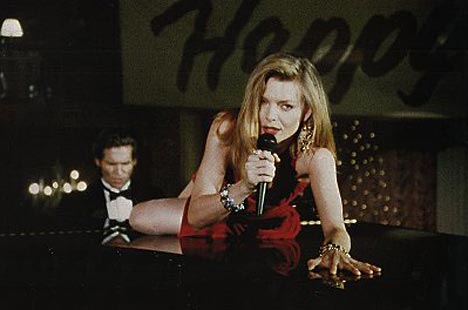
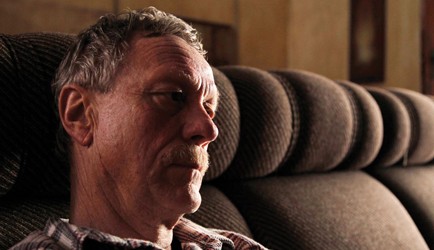
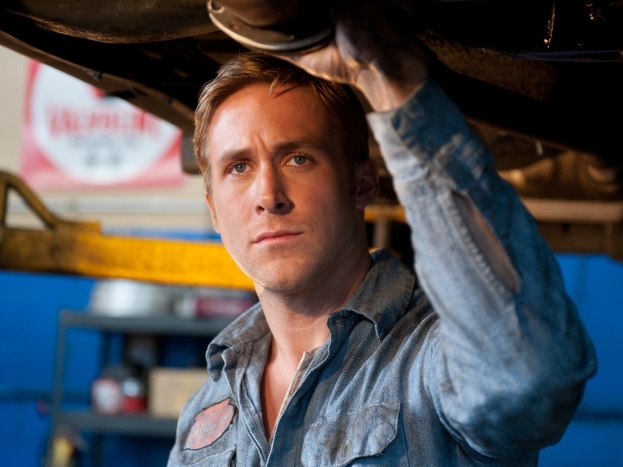
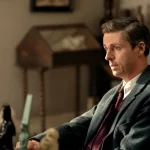





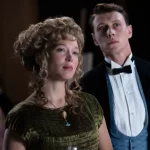























Keep up the journal! You give me ideas on what to watch.
I vote keep ’em coming. I always like the eclectic mix of films in these.
I vote continue.
Agreed with all of the above.